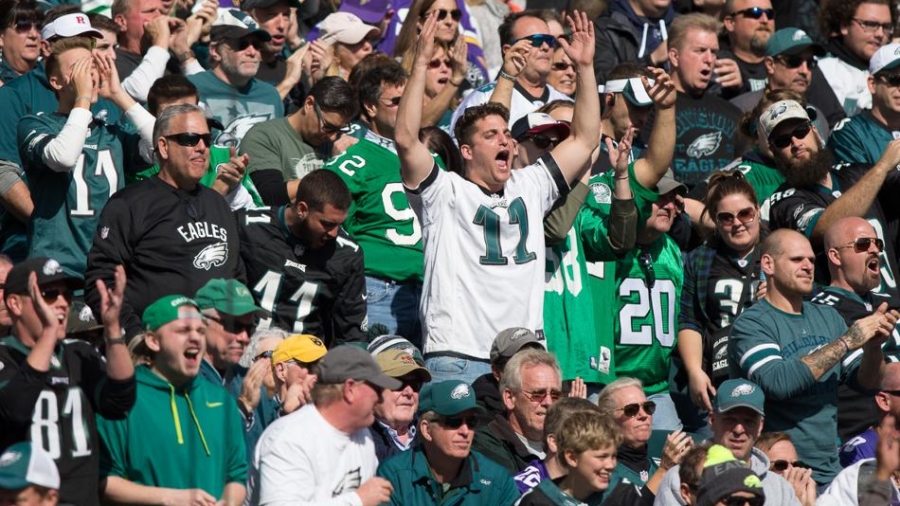Scribbled on notepads in his study are the contemplations of a young man with a heavenly calling. With a skylight shining through an overhead window, a modern-day pioneer surrounded by sneaker boxes sketches his vision for a city in the Antebellum South. In the coming weeks and months, those scribbles will blossom into palatable messages that will inspire and challenge the lives in his adopted community. Often only remembered as the location for the final living moments of Rev. Dr. Martin Luther King, Memphis is in dire need of a rebirth. Once a major slave trading post, in 1862 during the Civil War, the Union Army recaptured the city of Memphis in an effort to emancipate those in bondage. Similarly, Pastors Jeremy and Tasha Louison are poised to capture the city of Memphis on behalf of the church they have been called to plant, Pioneer Church.
As someone who has raged against the machine of celebrity Christianity for the greater part of ten years, I have had a peek behind the curtain of a few mega churches. In Memphis, however, I had the pleasure of witnessing the grunt work that goes on behind the scenes of bringing to life a young church’s mission of creating an “environment where passionate, diverse, and spirit-filled people experience oneness with God and oneness with each other.”
After collectively working 100-hour weeks in their full-time careers and raising an energetic one-year-old, the Louisons can be found on Saturday evenings discussing edits to their announcements or dripping in sweat from moving tables and chairs in the sweltering southern heat. Absent are the smoke machines, Broadway-style lighting, Grammy-nominated choirs, and over-inflated salaries of pastors who are exempt from paying taxes. In an era where celebrity pastors strategically plant churches using the same business model as Starbucks, the Louisons have instead decided to adopt the model of The Apostle Paul: bringing the Gospel to the forgotten Gentiles of downtown Memphis. While other churches have decided to plant churches in affluent communities, Pioneer planted their flag where their message is most needed, in downtown Memphis. In an area that is riddled with abandoned commercial real estate and illegal prostitution is rampant when night falls, Pioneer Church is embodying what the Christian church is called to do in a modern world that is so in need of a life-giving message.
In the face of various naysayers who have stood on the sidelines shouting that the young couple’s vision was destined to fail, they have pressed on with a steely focus on the lives they have been called to impact. The congregants they lead steal away on Sundays to meet just as the congregants in the early church did: a small group of young men, women, and children finding oneness in their faith. A group that can be found exposing their wounds to one another while finding community through encouraging one another with love.
In 1967, a year before his death, Dr. King delivered a speech to a Philadelphia middle school where he posed the question, “What is your life’s blueprint?” A speech that is not as heralded as some of his more notable speeches, King encourages students to determine their own self-worth, to always achieve excellence in whatever work they put their hands to no matter the scale, and that there should always be a commitment to beauty, love, and justice. And in the place where Dr. King exhaled his final breaths, Pioneer Church is exhaling new ones by embodying that blueprint.
I swell with pride to call Pastor Jeremy and Tasha Louison my family. And after spending time in their home, I am even more eager to see their divine Blueprint come to life. I left their home reflecting on Chance The Rapper’s song, Blessings, as a benediction for that area of downtown Memphis: “Are you ready for your blessing? Are you ready for your miracle?”


